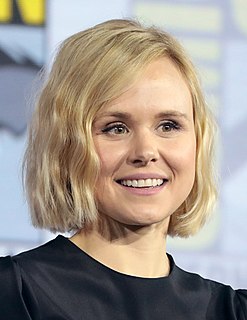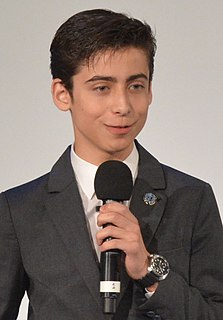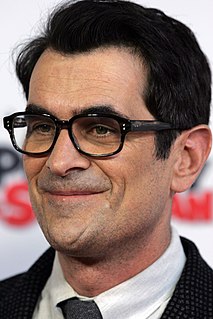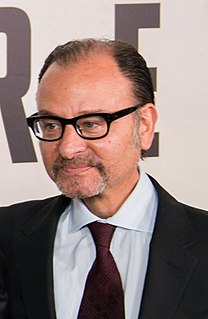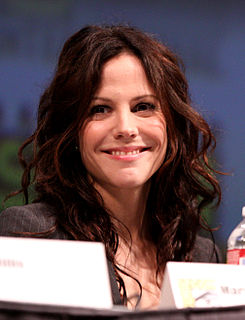A Quote by Mark Wahlberg
I've been in enough movies to know that when you're on the set and you start shooting, you're looking at playback and you get a sense of what it's going to be like.
Related Quotes
I mean I feel like we've shot all these different movies. Like the first 2 weeks of shooting was all Steve Stills apartment and band rehearsal, you know? And so it was like this tiny little group of people and small set comparatively and it just looked like a Toronto apartment. And then we sort of kept ramping up further and further until now we're here in this giant like craziest set I've ever seen with LCD crazy lights that go....you know?
We played around and improvised a ton [in The Hangover], and I think it's hard to say at this point what's what. Gosh, I wouldn't even know how to take a stab at it. The script was so good that we really didn't need to improvise very much, but I think we just found a lot of moments on the set. It's really cool when you get onto the set of a movie and you start shooting the scenes and you start to actually incorporate the environment.
If you start looking at movies on a moral level - "I don't like that, that hurts, that's mean, that's bad" - then I don't even want to talk to you. Or like, someone that says "I don't like science-fiction movies," or "I don't want to sit through a Western," or "I don't like violence in movies," then I completely tune out.
I don't think fast enough on my feet in terms of the writing to change the script too much when I'm shooting it. I like to have it set and done and know that I feel good about it and I might add a few lines here and there while we're shooting, if I think of a new joke, I might toss it in, but for the most part, I try to stick to the written script and have all the latitude exist within that.
I've made quite a number of movies like Castaway and a few others where I'm the only guy in the movie and the only place to be is right next to the camera in costume ready to go in order to get it. The years, and more specifically probably the four months prior to beginning shooting, is where the big preparation is that the director does because I knew we were going to get on the set. And the good news is, if you're the boss, if it ain't good, you don't use it. You just cut it out.
Yeah, when you work with somebody that famous everybody wants to know what are they like or - but I know some of the movies that I know because they're more like NOBODY'S FOOL or like that, because I don't really watch the big R movies, I haven't really seen them so much. I loved him [Bruce Willis] from his TV show and some of the smaller movies he's done. The bigger movies I start to space out in, like, there just so, I don't really watch those kind of movies so much.



